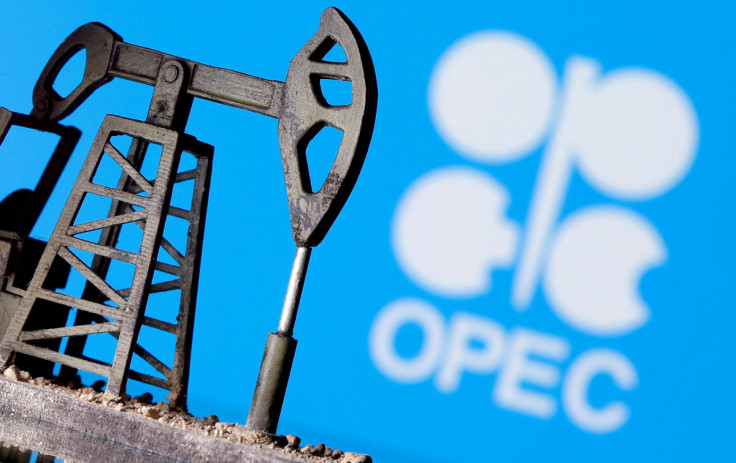UAE Denies Withdrawal From OPEC: 'Far From The Truth'
KEY POINTS
- A news outlet suggested the UAE was considering leaving OPEC due to its feud with Saudi Arabia
- A source, however, said the report was "far from the truth"
- The UAE is the third largest oil producer in OPEC, next to Saudi Arabia and Iraq
The United Arab Emirates (UAE) has denied a report suggesting the country was considering leaving the Organization of the Petroleum Exporting Countries (OPEC) due to its growing conflict with Saudi Arabia.
A news outlet had earlier reported the UAE was having an internal discussion about leaving OPEC, thereby giving it the freedom to lift its oil output and pursue its own oil production plans.
The report spread like wildfire across the web on Friday, causing oil prices to fall by as much as $2 per barrel, and gave rise to concerns that the UAE's exit might affect the current OPEC+ production cut deal with Russia and other countries.
The deal, which involves OPEC, Russia, and other non-member producers, seeks to trim down production by 2 million barrels per day in 2023, or about 2% of world demand, to support the market.
However, two unidentified sources assured Reuters that the UAE would remain committed to OPEC and that reports about its withdrawal were "far from the truth."
"This is definitely not on the table," another person told the outlet when asked about the issue.
The UAE's alleged plan to leave OPEC came as its feud with Saudi Arabia, the alliance's current de facto leader, intensified over the Yemeni war.
The contention stems from the UAE seeking to retain its influence in Yemen to gain access to shipping routes in the Red Sea, while Saudi Arabia leaves out the UAE in its talks with Houthi rebels as it seeks to end the war.
The UAE also had a rift with Saudi Arabia during the July 2021 OPEC meetings over production cuts to increase crude prices.
The UAE is the third-largest oil producer in OPEC, next to Iraq and Saudi Arabia, and produces about 3 million barrels of crude oil per day. It is also one of the few members in the 13-member alliance to have substantial unused production capacity.
Even though the UAE said it would stick to its deal with fellow OPEC+ members until the rest of the year, there have been speculations that the country was privately opposed to OPEC's plans, Bloomberg reported.
It was revealed last year that Abu Dhabi was looking to increase its OPEC+ production quota, even though the alliance was trying to trim it down. Despite that, UAE Energy Minister Suhail Al-Mazrouei said plans to raise its production capacity did not mean the country would withdraw from OPEC.
A source, however, told Bloomberg that the UAE has been considering exiting OPEC, but has not done so, as it might upset many of its neighbors. The UAE allegedly does not want to ignite a fallout with its Gulf allies, especially now that energy markets are on edge due to Russia's war with Ukraine.
Reports of UAE's non-withdrawal from the alliance resulted in international oil benchmark Brent crude recouping its losses and turning positive after plunging as much as 2.8% on Friday.
A rift in OPEC would lead to non-member producers--the U.S., Canada and Brazil--and crude oil buyer countries--Japan, China and India--getting more sway in the market.

© Copyright 2023 IBTimes AE. All rights reserved.






















